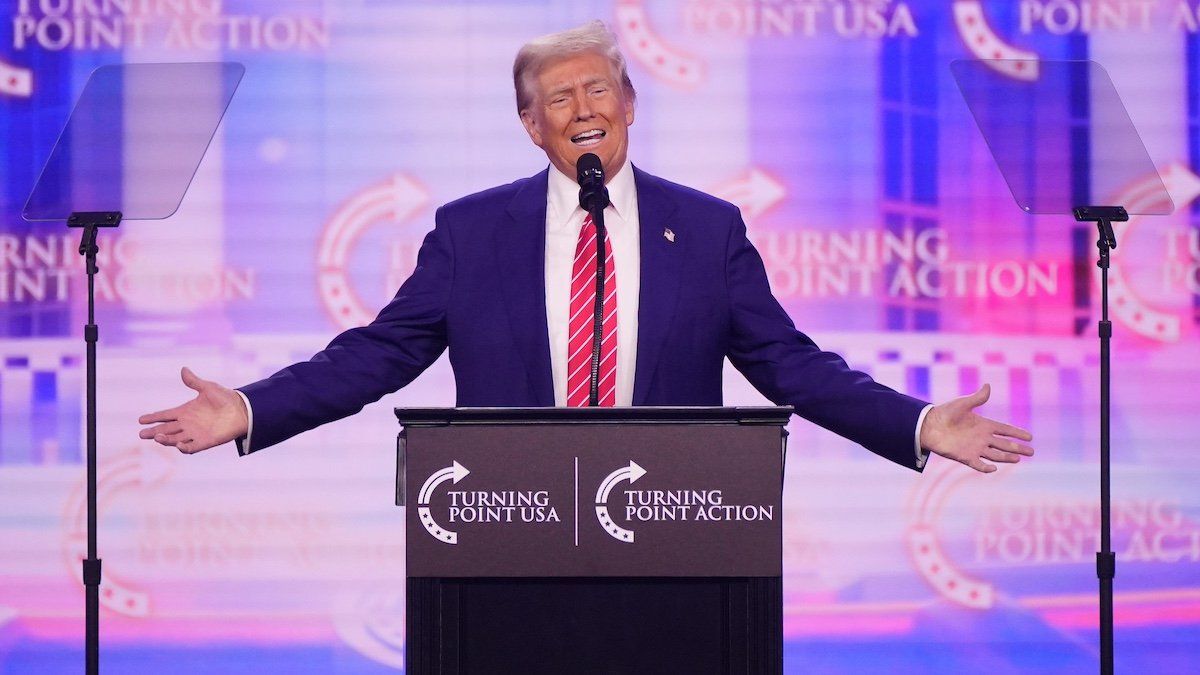President-elect Donald Trump’s advisors are reportedly urging him to pull the United States out of the World Health Organization on his first day in office, according to a report published Sunday in the Financial Times.
The US currently provides approximately 16% of the WHO’s funding, giving it outsized influence on the institution. Experts say a withdrawal would severely hamper the world’s ability to respond to public health crises like pandemics.
"Politically, Trump’s lack of support could open the door to lowered support from other countries, in an environment of increased skepticism towards international engagement and foreign aid in general—especially among many ascendant right-wing parties in Europe—amid fiscal constraints and pressures to increase defense spending," says Eurasia Group's Laura Yasaitis. "Ongoing pandemic preparedness efforts, such as the pandemic treaty, would be majorly set back, as would other efforts like the polio eradication campaign."
It’s not an empty threat. Trump actually initiated the process of leaving the WHO in 2020, at the height of the COVID-19 pandemic, accusing the organization of being controlled by China. He never followed through on the actual withdrawal, however, and Joe Biden re-established ties in 2021.
This time around, Trump has aligned himself with figures whose views on healthcare are well outside the scientific consensus. Robert F. Kennedy, Jr., a vociferous opponent of vaccination, is tapped to lead Health and Human Services, while David Weldon, another anti-vaxxer from the fringe, is set to lead the Centers for Disease Control. Incoming Food and Drug Administration commissioner Martin Makary has also questioned the benefits of certain vaccines, like hepatitis B and COVID boosters. With advisers like these, the WHO would be smart to start planning for a pullout, even if it doesn’t happen on Jan. 20.
Beijing won’t butt in on this one, of course, since they stand to gain the most from US healthcare isolationism. If Trump was worried about Chinese control of the WHO back in 2020, pulling out in 2025 would all but guarantee that Beijing steps into the void.






